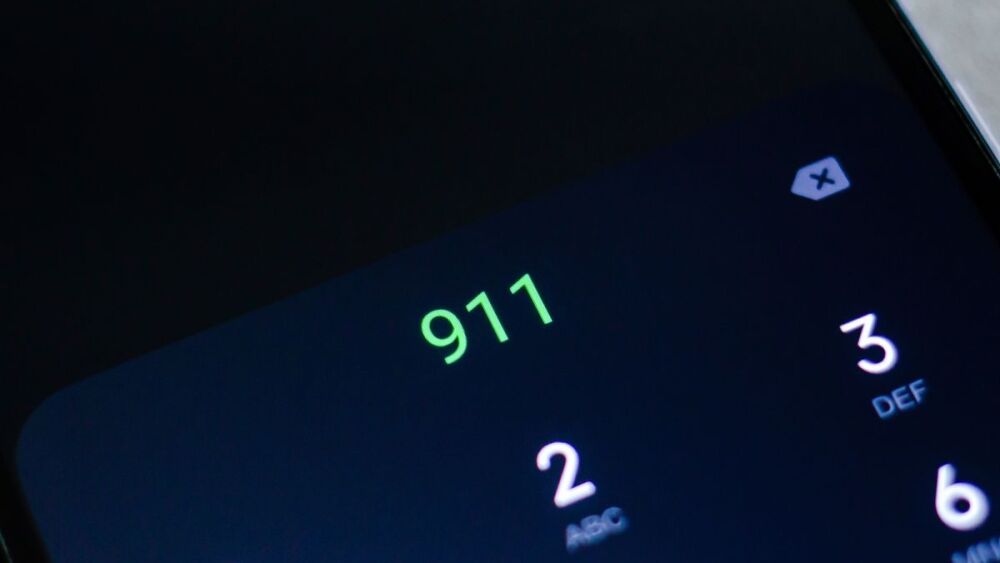By Missy Wilkinson
The Times-Picayune | The New Orleans Advocate
NEW ORLEANS — Until just a few days ago, New Orleans’ 911 emergency dispatch system didn’t make a distinction between a robbery in progress and one that took place weeks ago.
But under a change that went into effect this weekend, the system will stop assigning old incidents the same priority designation as emergencies that are underway when residents reach out for help.
The Orleans Parish Communications District announced Monday that it had made the changes after reevaluating the system for the first time since 2016. Even district Director Tyrell Morris called the protocols “clunky.”
While the communication district is technically a state agency with an independent board, it functions as a component of city government. Seven of its 11 board members are appointed by the mayor, and more than half the district’s annual $17 million budget comes from city coffers through a cooperative endeavor agreement.
The updated system will help put police resources where they’re needed, Morris said, at a time when response times have skyrocketed and 911 callers sometimes get a recorded message instead of an emergency communications specialist on the line.
New priorities
Calls are typically designated a 0, 1 or 2.
A 0 ranking means a call can be handled online or over the phone; a 1 is a nonemergency call, and a 2 is an emergency. But the system previously did not take into account how much time had elapsed since the incident occurred or whether the suspect was on the scene. For example, Morris said, a burglary in progress and one that happened weeks ago would both have been assigned a 2 priority level.
Now, an incident that took place weeks ago would not merit an emergency response, but one still in progress would.
The previous system wasted manpower and time as workers sorted through 1.2 million calls per year, he said.
Under the old system, OPCD advised New Orleans Police Department supervisors on the street of each call’s details, and the supervisor provided instructions about whether to downgrade an incident, said Sierra Wallace, public information officer for the OPCD. As a result, NOPD supervisors were often “distracted,” Wallace said.
“We had a lot of calls coded as emergencies that aren’t true emergencies. ... (Now) things that come out as code 2s really are emergencies,” he said. “This should significantly reduce issues of downgrading.”
NOPD officials did not respond to questions about their role in assigning priority to calls and whether they think the new system will help improve response times.
According to April Heinze, a spokesperson for the National Emergency Number Association, local law enforcement entities commonly assign priority levels based on the urgency of the call and whether or not the event is in progress.
“Setting the same priority level for every call is not typically common practice,” she said.
Change comes amid police manpower crisis
The updated system also includes a change to the Calls For Service dashboard. Viewable by the public, the dashboard now displays text rather than police code — BURGV for a burglary to a vehicle rather than the code 62C, for example — in keeping with national guidelines.
OPCD announced the changes as the NOPD tries to optimize its dwindling force — an effort that includes deploying detectives to patrol shifts and adding civilian positions, Police Chief Shaun Ferguson announced last week.
At that news conference, Ferguson set a goal of shifting the median response time for emergency calls from 11 minutes to “a more acceptable level.” But Ferguson and Morris have both declined to state specifically what an appropriate target wait time would be.
Average police response times in August were about 28 minutes for emergency calls and 2 hours and 45 minutes for nonemergency calls. Morris said the median time it takes to reach an emergency communication specialist at OPCD is unknown, because that figure “fluctuates every five minutes.”
Ideally, callers getting a recorded message when they call 911 would be a thing of the past, but if callers do have to wait before reaching a live operator at OPCD, Morris has this advice: “Don’t hang up. You’re making your time longer.”
Jeff Adelson contributed to this report.
___
(c)2022 The Times-Picayune | The New Orleans Advocate
Distributed by Tribune Content Agency, LLC.


